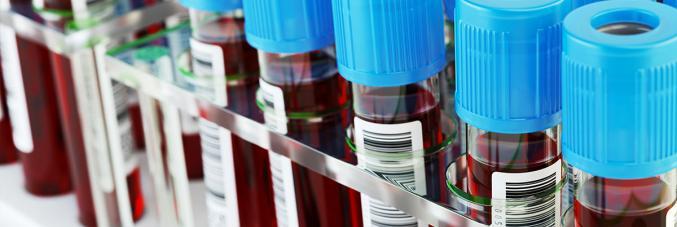
Glucose Metabolism: discovery of a new mechanism that strengthens blood vessels
31.01.2022
Researchers from the University of Padua discover a metabolic mechanism that plays a fundamental role in strengthening blood vessels and opens up new possible ways to defeat diabetes and arteriosclerosis.
Characterized by an increase in glucose levels in the blood, diabetes is a cardiovascular disease that represents one of the biggest challenges facing modern medicine as it is constantly and rapidly growing in the Western world. In Italy, the prevalence of those with diabetes has increased from 3.8% to 5.8% in just a few years. Arteriosclerosis is also a cardiovascular disease that causes the thickening and loss of elasticity of the arterial wall of blood vessels. Atherosclerosis represents one of the leading causes of death and disability in Europe and around the world.
“Indeed, both pathologies concern communication and metabolic alterations affecting the cells that form blood vessels - explains lead researcher and last author Prof. Massimo M. Santoro of the University of Padua -, that are, endothelial cells and smooth muscle cells. Our research has shown that glucose metabolism serves to control the structure and elasticity of the artery walls. Glucose is used to produce elastin, which is secreted around blood vessels and attracts smooth muscle cells. This mechanism physiologically strengthens the structure of the vessels.”
This discovery provides the data needed to further decipher the causes of genetic and metabolic diseases associated with blood vessels, including diabetes and arteriosclerosis, opening the possibility for the screening of drugs that improve metabolic fitness of endothelial and vascular mural cells in health and disease.
The Oxidative pentose phosphate pathway controls vascular mural cell coverage by regulating extracellular matrix composition, study published in the international journal Nature Metabolism, was conducted by the research group led by Prof. Massimo M. Santoro of the Laboratory of Angiogenesis and Cancer Metabolism at the University of Padua, in collaboration with colleagues from the University of Milan and the University of Edinburgh. This research was supported by the European Research Council (ERC) through the Rendox Consolidator Grant to Prof. Massimo Santoro.



